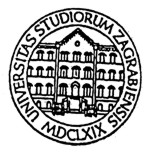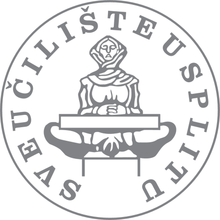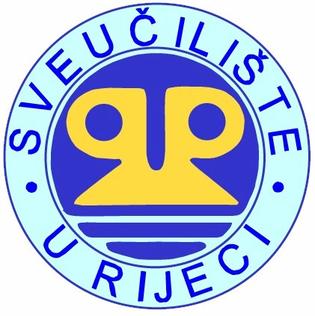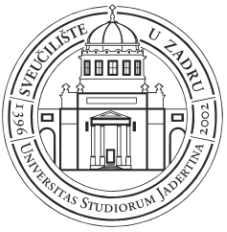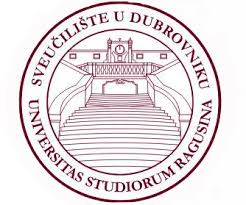© 
The Gazette, Montreal, Tuesday, April 8, 1997, Page A2
LINDA KAY
PAGE TWO COLUMN
War doesn't end when the bullets stop, as Jean-Sébastien Joyal can attest. Last May, The McGill University medical student from Drummondville spent three weeks at an orphanage in Zagreb, build on the very site where a bomb fell. In the aftermath of war, 200 children call the orphanage home, many of them handicapped. During his stay in Croatia, Jean-Sébastien Joyal helped his two "aunties" at the orphanage attend to their charges. He played water games with the kids in the small pool on the property. He taught some children how to swim.
Jean-Sébastien grew close to one child in particular -- Zlatan, a little boy born with only one leg whose parents left him at the hospital in Bosnia during the war. He fed and dressed Zlatan, but most of all, played with him, because the overworked aunties had no time for play, and Zlatan, who had difficulty keeping pace with the other children frolicking outside, was accustomed to staying indoors in his room or in the bustling kitchen. That changed when Jean-Sébastien came along. He put Zlatan in the swings, dipped him in the pool and taught him how to become more self-reliant.
Helping those in struggling communities to help themselves is the founding principle behind the Student Association for Medical Aid (SAMA), a humanitarian-aid group formed last year by medical students at McGill. SAMA has grown considerably a very short time. In the near future, McGill medical students plan humanitarian visits to Vietnam, Nepal, Armenia, Haiti, Mexico -- and Croatia again -- bringing a listening ear and willing hands to those in need, and bringing home with them some understanding of the trauma armed conflict has inflicted.
Kiran Nayar, 19, a pre-med student at McGill from Baie d'Urfé, leaves for Zagreb on May 4. She'll stay in the same orphanage where Jean-Sébastien worked last year, then move to a refugee camp in Rijeka, a seaside town along the Adriatic coast in Croatia. Rijeka saw little action during the war, which made it a safe haven for refugees, but there's plenty of action there now, of a different sort, as those uprooted by the combat attempt to piece their lives back together. Kiran, a budding doctor, is eager to offer help, support and compassion. In the process, she hopes to learn about the delivery of health care in a nation where health-care services have been severely strained.
Kiran's trip -- and Jean-Sébastien's last year -- was eased along with help from Dr. Ante Padjen, a professor in the department of pharmacology and therapeutics at McGill and an enthusiastic booster of SAMA. Padjen was born in Zagreb, where he finished medical school. He came to Montreal 22 years ago. Padjen used his old contacts in Croatia to smooth the entry of McGill students into a war-torn area last year -- and he has helped arrange for a fifth-year medical student from Croatia to come to McGill to study for six weeks this summer.
It's an exchange everyone in SAMA would like to see continue and grow. But money for humanitarian exchanges is virtually non-existent. The students have to raise it themselves. "We do not lack for enthusiasm, commitment or concern for our work," says literature the students use to solicit donations. "Our major obstacle is raising the large amount of funds necessary for overseas projects."
To aid that cause, Padjen again stepped forward. When he was growing in Zagreb, he studied the viola, conducting and composition. He dreamed of becoming a professional musician. He took a different path as an adult, but he never veered from his childhood devotion to music. When he came to McGill, he sought some way to integrate music into his work. Eight years ago, he founded I Medici di McGill, an orchestra composed mainly of faculty and students in the McGill college of medicine. I Medici has performed over 60 concerts -- at medical conferences and faculty meetings, for hospital patients and for the public three times a year at Christ Church Cathedral. Its conductor is Wanda Kaluzny, founder of the Montreal Chamber Orchestra. Tonight, I Medici performs a program of Beethoven and Haydn at a benefit concert for SAMA. The orchestra has performed the same program before, but as Padjen notes, it just so happens that the Haydn piece -- Symphony No. 103 -- contains two Croatian folk songs, tunes Haydn picked up as a court musician at the Esterhazy estate in eastern Austria, where there are still about 60,000 Croats living -- refugees from a conflict four centuries ago. Thus the music has a special meaning for the evening, and for the medical students who will be venturing to Croatia in the coming weeks -- and for those students who have already been there.
When Jean-Sébastien recalls his trip to Croatia, the memory of Zlatan comes to mind -- the little boy's generosity of spirit, his happy disposition and above all, his sense of hope. It's a sense of hope for humanity that Jean-Sébastien feels compelled to pass along -- to students, friends and family ¯ and to anyone else who will listen.
© The Montreal Gazette |
